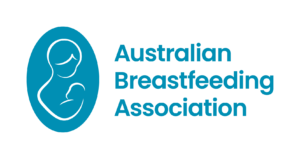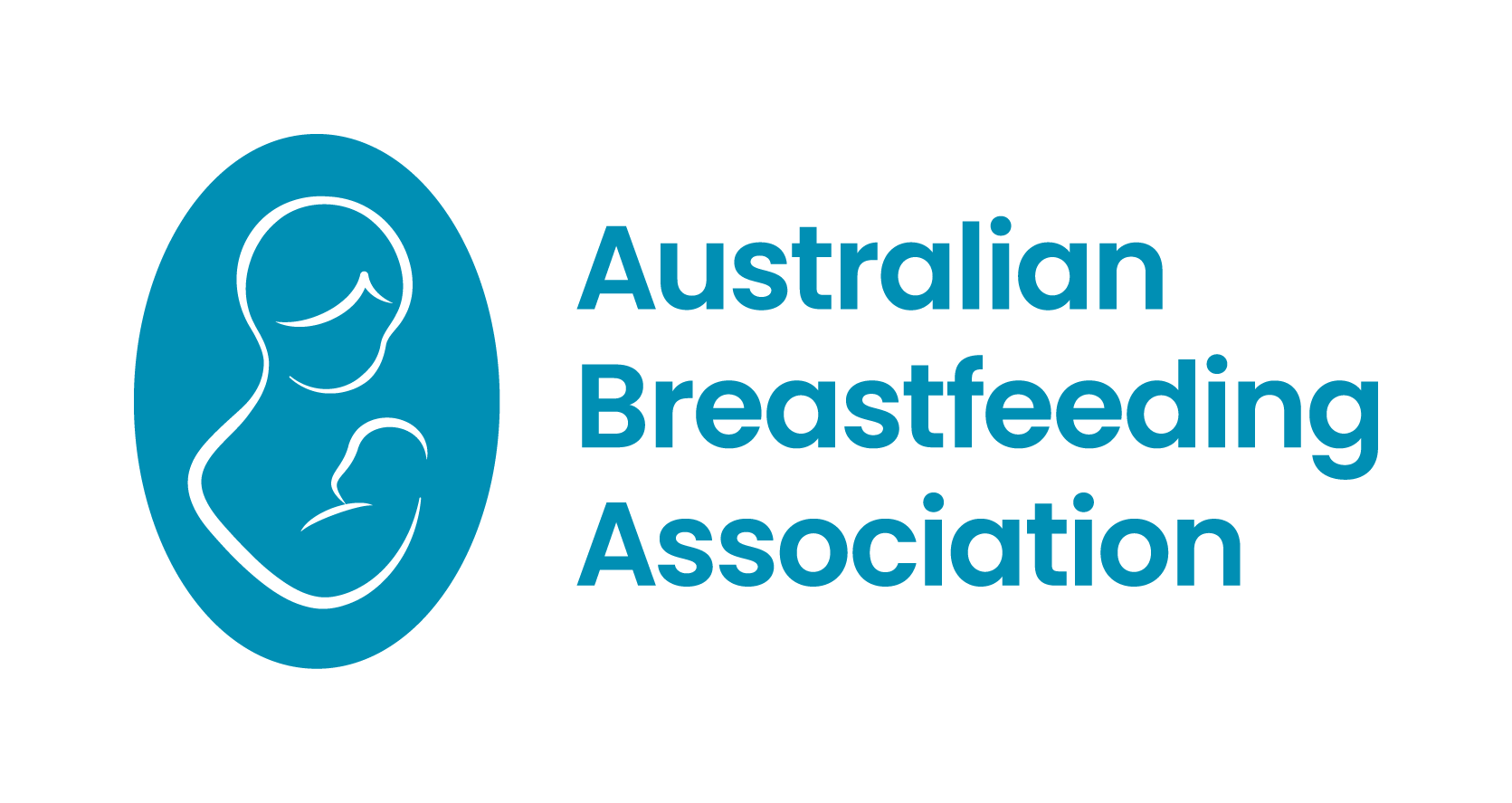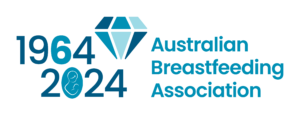Hi everyone,
We hope you are all travelling well in the various states of lockdown, restrictions, etc. It has been a difficult time for many.
ABA has been in conversation over the past few weeks with the Department of Health and various Chief Health Officers to ask them to clarify their messaging around COVID-19 vaccinations for breastfeeding women. Unlike pregnant women, breastfeeding women do not make up a special category when it comes to decision making about COVID-19 vaccination. Please see the information we have compiled here. The World Health Organization has also produced an updated FAQs, which can be found here.
This month we have TWO brand new eLearning modules available via the ABA Professional website (click here) or directly via the LMS Store (click here).
We have ‘Understanding Nipple Pain’ and ‘Structure and Function of the Breast’.
The ‘Nipple Pain’ eLearning module series for Health Professionals is now available to purchase. In this series of 3 interactive study modules, the following topics are covered:
- Nipple trauma – causes, prevention and management of trauma due to poor positioning and attachment, tongue-tie and incorrect use of breast pumps.
- Nipple infection – causes, prevention and management of staphylococcus aureus, candida and herpes simplex.
- Other causes of nipple pain while breastfeeding – vasospasm, white spot, eczema/dermatitis, pregnancy and torticollis and plagiocephaly.
The ‘Structure and Function of the Breast’ eLearning module series for Health Professionals is now available to purchase. In this series of 4 interactive study modules, the following topics are covered:
- Breast anatomy – the structure of the breast, how that relates to function, the impact of breast surgery and nipple piercing.
- Breast development and abnormalities – stages of breast development and congenital abnormalities.
- Milk production – normal events of lactogenesis and the basics of milk production.
- Milk composition – nutritional and immunological aspects of human milk and factors which affect milk composition.
Professional development points can be gained by completing each eLearning module (IBLCE: 1.5 L CERPs and ACM: 1.5 CPD hours) and a certificate will also be issued upon completion.
Cost – $45 (* ABA professional members receive 20% off with your voucher code).
To access your voucher code you need to be logged into abaprofessional.asn.au Click on Professional Development and the information appears at the top of the page.
ACCC determination: MAIF Agreement reauthorised for 3 years
The MAIF Agreement (Marketing in Australia of Infant Formula: Manufacturers and Importers Agreement) restricts the advertising of formula for infants under 12 months of age by formula manufacturers and importers who voluntarily agree to be bound by the Agreement.
The MAIF Agreement came up for reauthorisation last year. The INC (Infant Nutrition Council), which represents formula companies, lodged an application which asked for reauthorisation for 10 years.
ABA’s response to the ACCC MAIF consultation process, and links to ABA submissions, can be seen in the table below.
ABA response timeline
The Department of Health will be undertaking a review of the effectiveness of the MAIF Agreement in late 2021 as part of the implementation of Action Area 1.2 – Prevent inappropriate marketing of breastmilk substitutes of the Australian National Breastfeeding Strategy: 2019 and beyond. The timing of this review clearly influenced the ACCC’s thinking about the length of time the Agreement was reauthorised for.
ABA asked for reauthorisation for 2 years. ABA considered the MAIF Agreement needed to remain in place while the Department of Health reviewed the effectiveness of the MAIF Agreement.
The ACCC considered reauthorisation for 5 years in its draft determination but, after strong submissions from many breastfeeding advocates, and health and nutrition organisations and peak bodies, reduced the reauthorisation period to 3 years.
Despite reauthorising the MAIF Agreement, the ACCC cited concerns about the limited scope of the Agreement which does not include toddler milk drinks and retailers such as pharmacies and supermarkets, and the lack of effectiveness of the MAIF complaints process.
The ACCC stated that: substantial changes to the MAIF Agreement are likely to be required to ensure that it continues to result in public benefit in the future. The Department of Health’s review of the MAIF Agreement provides an opportunity for the MAIF Agreement to be improved to ensure it is effective.
Once the review of the effectiveness of the MAIF Agreement is underway, there will be more public consultation. ABA will continue to make submissions and will alert volunteers and members to the ways they may be able to be involved in consultations.
The full determination of the ACCC reauthorisation of the MAIF Agreement can be found here.
I would also like to let you know about an ABA supported event which is part of the United Nations Food Systems Summit:
Breastfeeding: Where Healthy and Sustainable Food Systems Begin (webinar and dialogue)
Today’s food systems are contributing to several intersecting health and ecological crises of global concern. Recognising this, many are now calling for transformative, and some even say radical, food systems change. The United Nations Food Systems Summit (UNFSS) seeks to ‘transform the way the world produces, consumes and thinks about food’. However, many scientists and civil society networks are questioning what this will mean in reality, and where the mother-child breastfeeding dyad, breastmilk, and human rights will fit within the food systems transformation agenda.
This Dialogue will show how and why breastfeeding – as the desirable norm for feeding human infants and children – is where healthy and sustainable food systems really begin and the challenges that must be addressed for this to be the universal social norm.
Women’s role in achieving optimal breastfeeding is essential and yet billions of women are unable and available to breastfeed due to the lack of social protection like maternity entitlements and childcare services in workplaces. This highlights the importance of a cross-cutting focus on the social support needed by women.
Free registration here – Breastfeeding: where healthy and sustainable food systems begin – ANU Gender Institute – ANU
In the coming weeks we will be launching our ‘new look’ professional website. The aim is to make it easier for you to access all the benefits of being a professional member. Please let us know what you think – feedback can be provided to bir@breastfeeding.asn.au
Please take care everyone in these challenging times,
Naomi Hull
Senior Manager Breastfeeding Information and Research







